News
 Beyond labels: A new framework for neurodiversity and mental health
Beyond labels: A new framework for neurodiversity and mental health
24 September 2024
A new article introduces a dimensional approach to understanding the mental health needs of neurodivergent people.
 Non-cognitive skills: the hidden key to academic success
Non-cognitive skills: the hidden key to academic success
28 August 2024
New research reveals the growing importance of emotional intelligence in shaping educational outcomes.
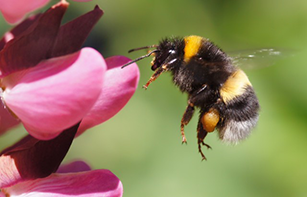 Insects may feel pain, says growing evidence – here’s what this means for animal welfare laws
Insects may feel pain, says growing evidence – here’s what this means for animal welfare laws
14 December 2022
Professor Lars Chittka and Matilda Gibbons have co-written for the Conversation on insects' ability to feel pain.
 First-ever study shows bumble bees ‘play’
First-ever study shows bumble bees ‘play’
27 October 2022
Bumble bees play, according to new research led by Queen Mary University of London published in Animal Behaviour. It is the first time that object play behaviour has been shown in an insect, adding to mounting evidence that bees may experience positive ‘feelings’.
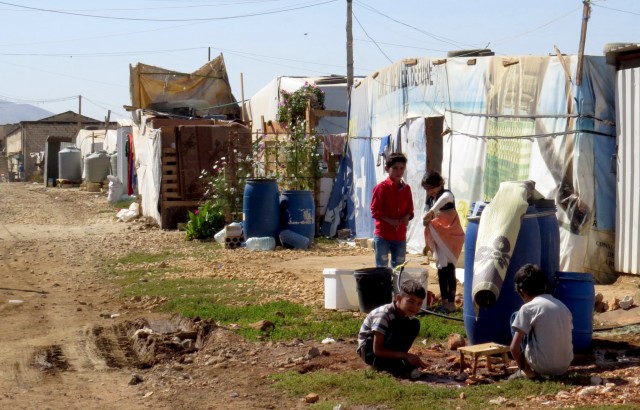 Only 1 in 5 Syrian children in refugee camps show resilience to mental health problems
Only 1 in 5 Syrian children in refugee camps show resilience to mental health problems
12 August 2022
Many more Syrian children living in refugee camps appear to be living with mental health problems than previously thought, according to new in-the-field research led by Queen Mary.
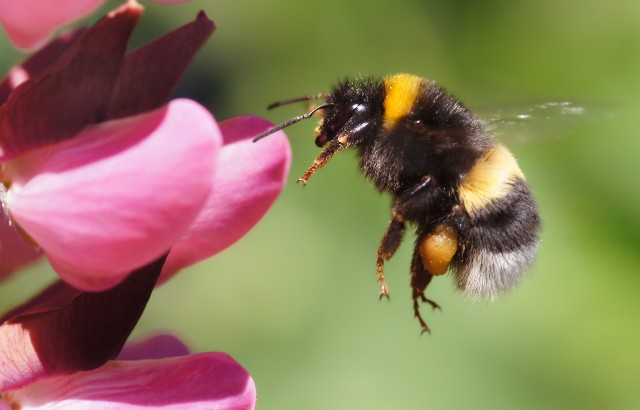 Queen Mary research is changing the way we think about bees
Queen Mary research is changing the way we think about bees
5 August 2022
Hot on the heels of his new book ‘The Mind of a Bee’, Professor Lars Chittka’s lab shows that bumblebees appear to feel pain
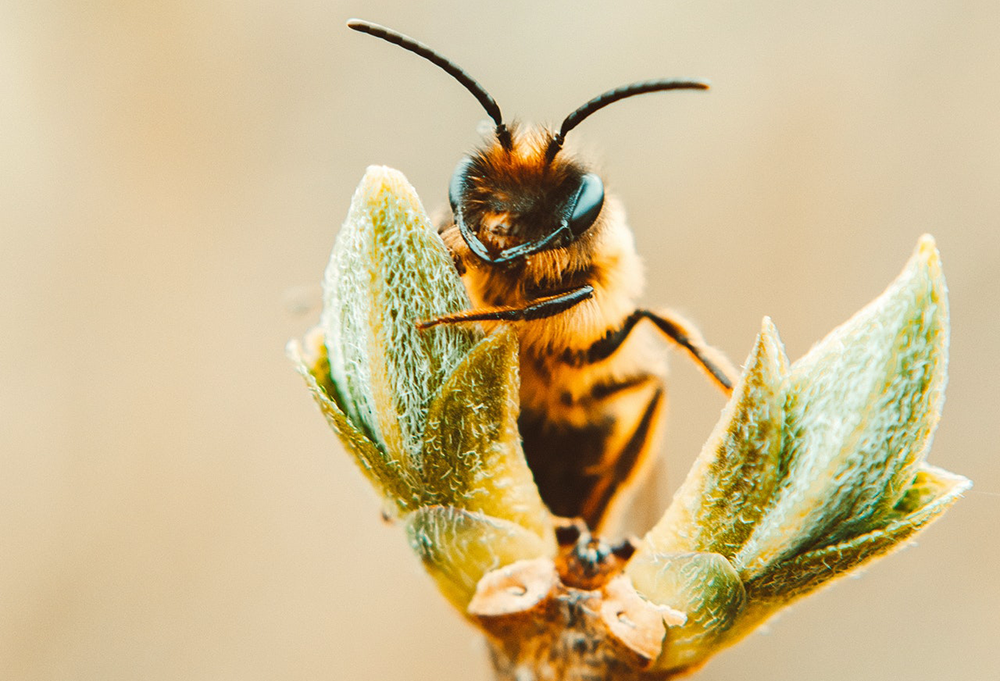 The Mind of a Bee review: Can a bee have a form of consciousness?
The Mind of a Bee review: Can a bee have a form of consciousness?
14 July 2022
A radical new book from Professor Lars Chittka argues that a bee may have a mind of its own, awareness of the world, basic emotions and intelligence. It is a bold and brave claim – but is it true?
Identifying the art of well-being’ is the second and final report in this research partnership providing insights into the effects of remote creative programmes on older adults during the Covid-19 pandemic. Remote creative programmes were shown to have long-term benefits for older adults' social connection and well-being.
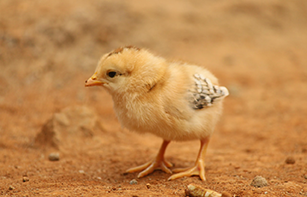 Domestic chicks can master the abstract concept of “absence”
Domestic chicks can master the abstract concept of “absence”
7 June 2022
New experimental findings, published in eLife by an international research group involving Szabó from Central European University, Dr Elisabetta Versace from Queen Mary and researchers at the University of Trieste and the University of Trento shows that young domestic chicks are able to master the idea of the absence of an object. In a nutshell, chicks care about “nothing”.
The EPS-Funded Workshop on Current Trends and Future Directions in Social Interaction was held successfully on 4 May 2022 at the Graduate Centre at Queen Mary University of London. The event saw an excellent line-up of 8 speakers, 25 poster presentations and 60 attendees.
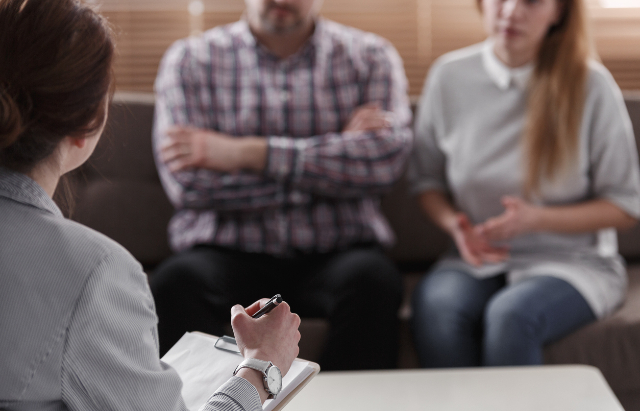 Relationship help programmes may be more successful for people who have ‘sensitivity’ genes
Relationship help programmes may be more successful for people who have ‘sensitivity’ genes
22 March 2022
Professor Michael Pluess from Queen Mary's School of Biological and Behavioural Sciences has co-written for The Conversation on how genetics impacts therapy and similar relationship courses.
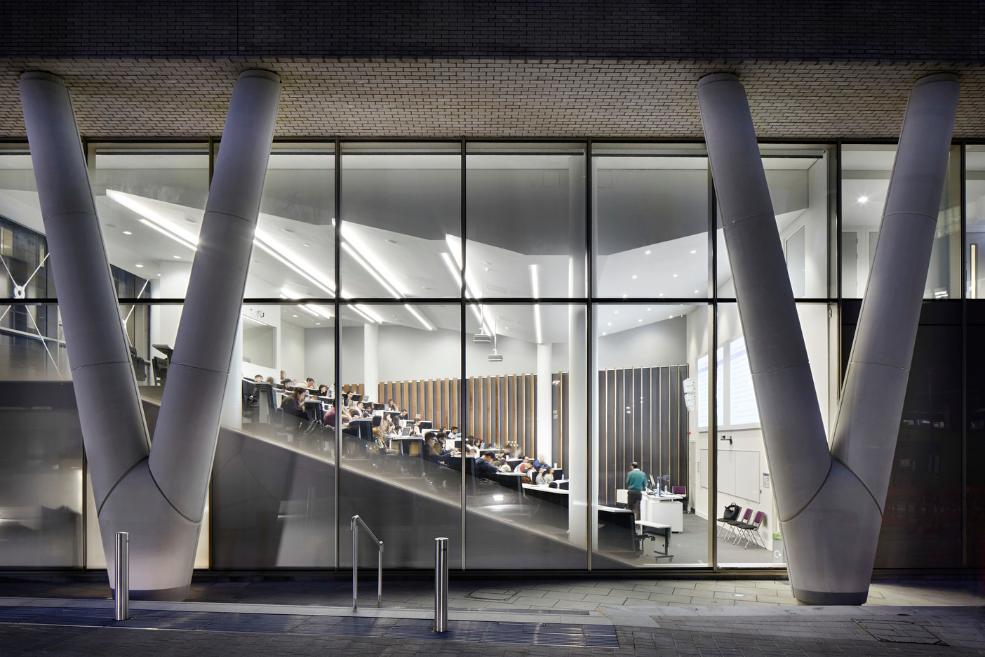 25 strategic Lectureships/Senior Lectureships available in the Faculty of Science and Engineering
25 strategic Lectureships/Senior Lectureships available in the Faculty of Science and Engineering
22 February 2022
The School of Biological and Behavioural Sciences (SBBS) is seeking candidates for several new academic positions to enhance its research in three strategic areas: Digital Environment, Biosciences, and Green Energy and Sustainability. The Faculty of Science and Engineering has 25 lectureships and senior lectureships (Teaching and Research) to offer, and it is expected that 7 of these will be placed in SBBS.
 Genetic study suggests more sensitive people respond better to couple’s therapy
Genetic study suggests more sensitive people respond better to couple’s therapy
2 February 2022
How well someone responds to couple’s therapy could be determined by their genes, according to a new study led by Queen Mary University of London and the University of Denver.
 Student Spotlight - Shazia, BSc Psychology
Student Spotlight - Shazia, BSc Psychology
17 December 2021
We spoke to Shazia to find out what she enjoys about studying BSc Psychology at Queen Mary and how she has found mixed-mode education
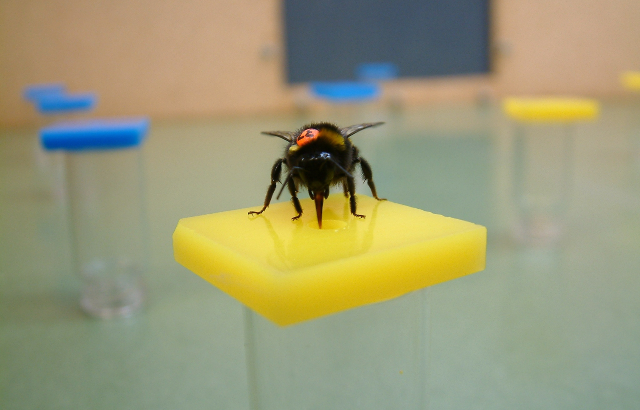 Scientists discover gut bacteria that improve memory in bees
Scientists discover gut bacteria that improve memory in bees
25 November 2021
An international research team have discovered a specific type of gut bacteria in bees that can improve memory.
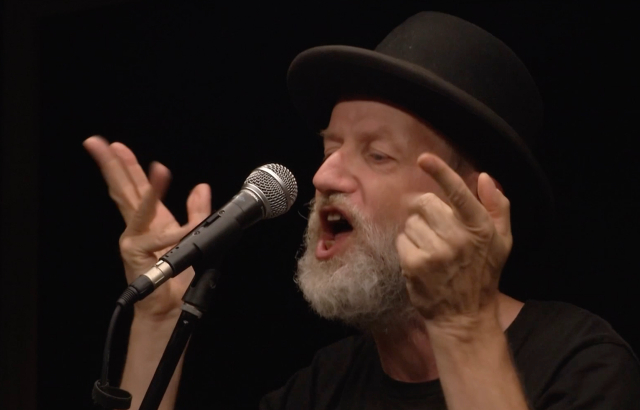 Queen Mary Professor elected to Germany’s National Academy of Sciences
Queen Mary Professor elected to Germany’s National Academy of Sciences
8 November 2021
Professor Lars Chittka from Queen Mary University of London has been elected to the prestigious German National Academy of Sciences Leopoldina.
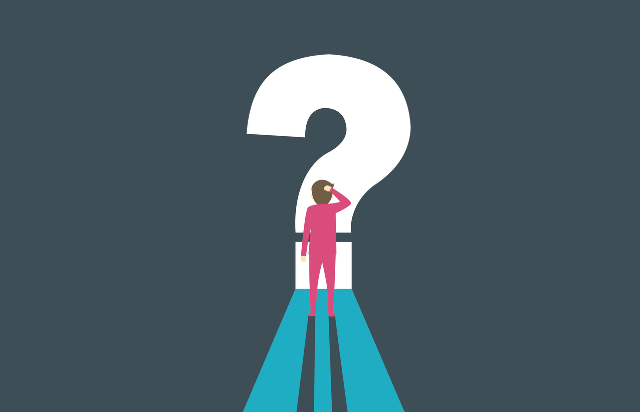 To what extent are we ruled by unconscious forces?
To what extent are we ruled by unconscious forces?
28 May 2021
Dr Magda Osman, Reader in Experimental Psychology at Queen Mary University of London, provides her perspective on this question in an article for the Conversation's new series, Life’s Big Questions, co-published with BBC Future.
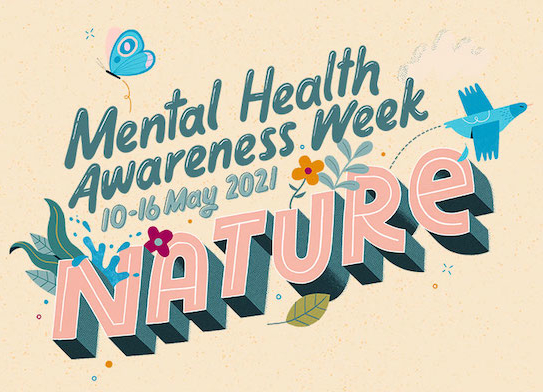 #MentalHealthAwarenessWeek: Improving our understanding of mental health, resilience and well-being
#MentalHealthAwarenessWeek: Improving our understanding of mental health, resilience and well-being
13 May 2021
For Mental Health Awareness Week, we’re taking a closer look at how researchers at Queen Mary University of London are undertaking to better understand mental health and potentially find new ways to treat mental health conditions.
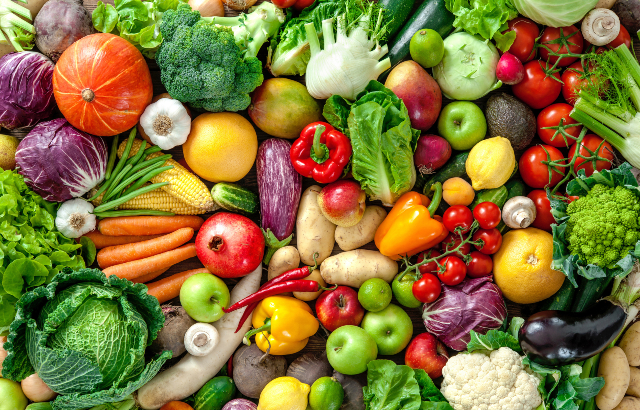 Subsidies most effective way to encourage sustainable food choices, study shows
Subsidies most effective way to encourage sustainable food choices, study shows
17 March 2021
Subsidising low carbon emission meals could encourage more people to choose them, according to new research.
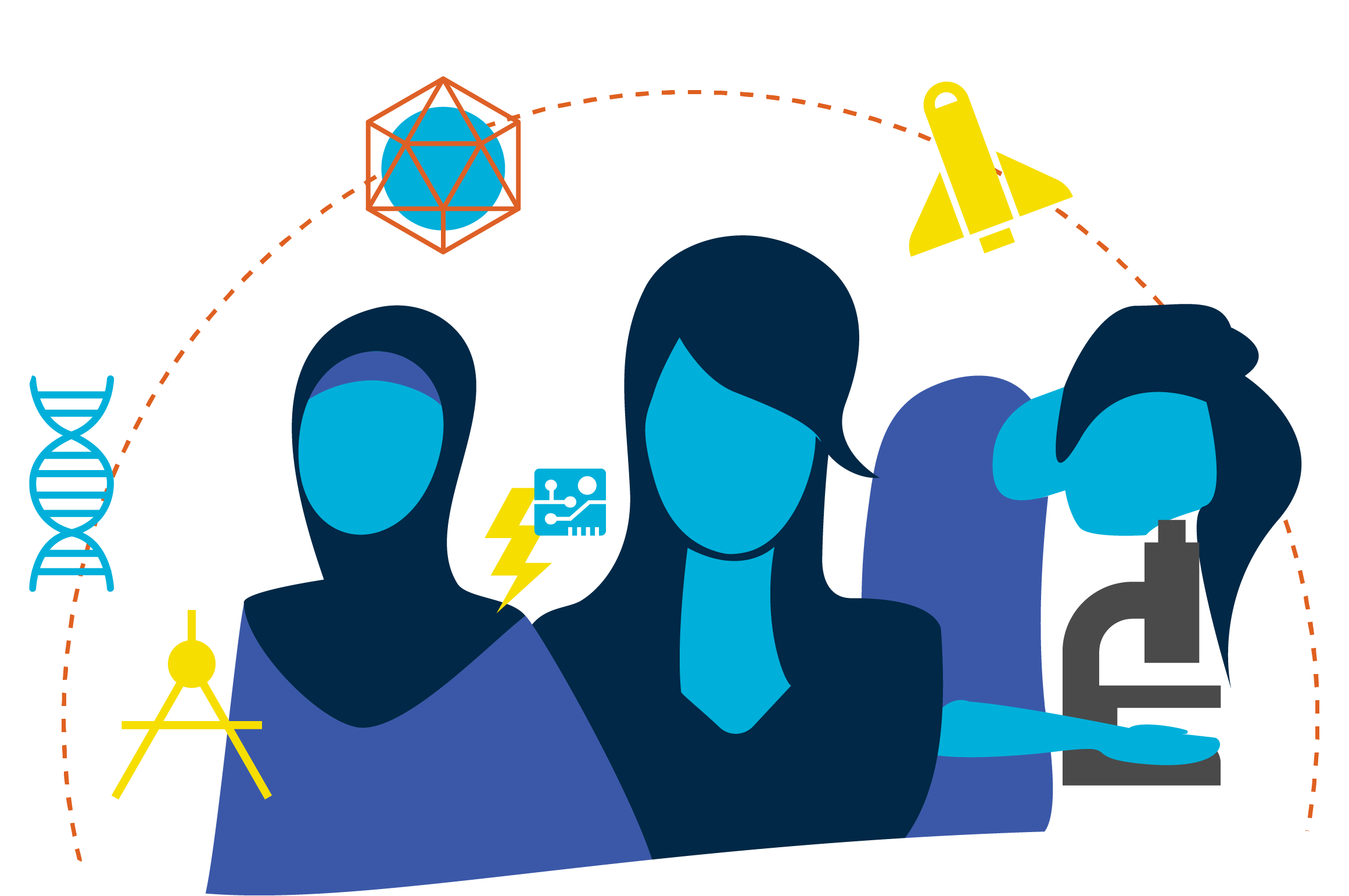 Celebrating the School of Biological and Chemical Sciences' Women in Science
Celebrating the School of Biological and Chemical Sciences' Women in Science
11 February 2021
Today is UN International Day of Women and Girls in Science, which aims to recognise women’s contributions in science, smash stereotypes and defeat discrimination against women and girls in science.
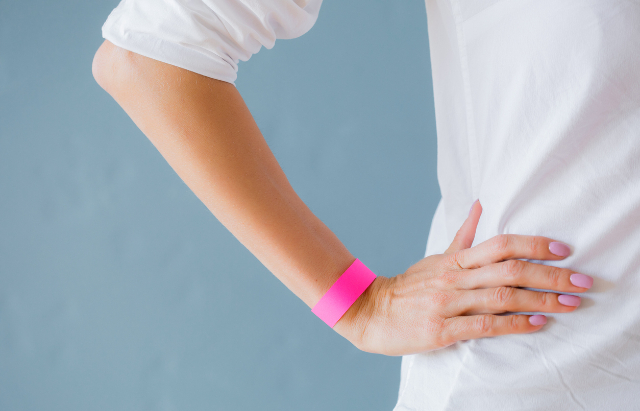 Could a wristband or certificate allow you out of lockdown after a negative coronavirus test?
Could a wristband or certificate allow you out of lockdown after a negative coronavirus test?
6 January 2021
Dr Magda Osman, Reader in Experimental Psychology at Queen Mary University of London has written an opinion piece for The Conversation exploring whether freedom passes based on negative test results could offer a way to avoid placing restrictions on everyone.
.jpg) New project will explore use of digital technologies to support remote learning in performing arts
New project will explore use of digital technologies to support remote learning in performing arts
8 December 2020
A new research collaboration, led by Queen Mary University of London, will investigate how digital technologies could be used to support learning in performing arts during the Covid-19 pandemic.
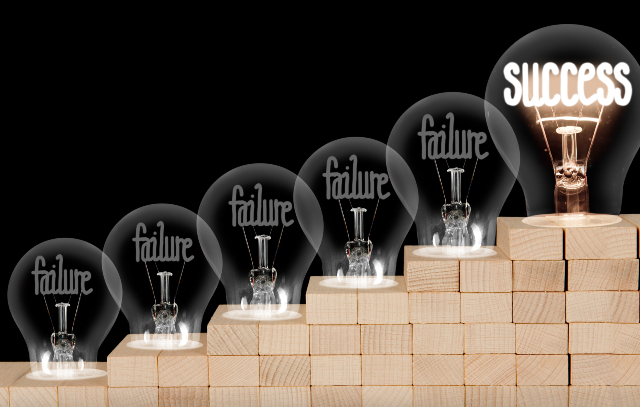 Nudges fail more often than is reported, experts warn
Nudges fail more often than is reported, experts warn
28 October 2020
Research led by Queen Mary University of London has shown that despite the widespread use of behavioural interventions across society, failed interventions are surprisingly common.
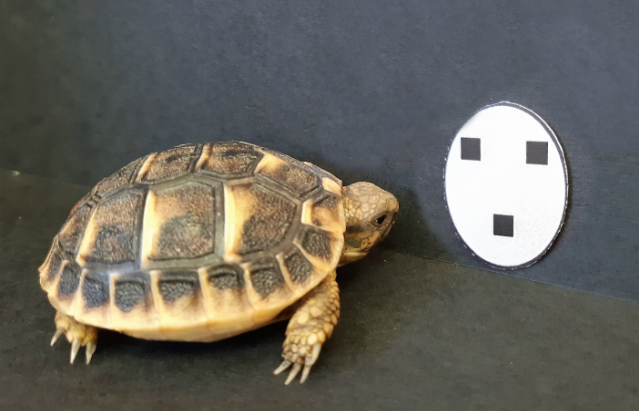 Tortoise hatchlings are attracted to faces from birth
Tortoise hatchlings are attracted to faces from birth
14 September 2020
Tortoises are born with a natural preference for faces, according to new research from scientists at Queen Mary University of London, the University of Trento and the Fondazione Museo Civico Rovereto.
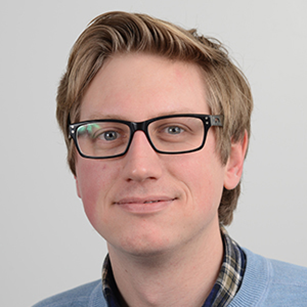 A tribute to Dr Robert Keers
A tribute to Dr Robert Keers
19 August 2020
Here are a few memories of a very special scientist, colleague and friend, Dr Robert Keers.
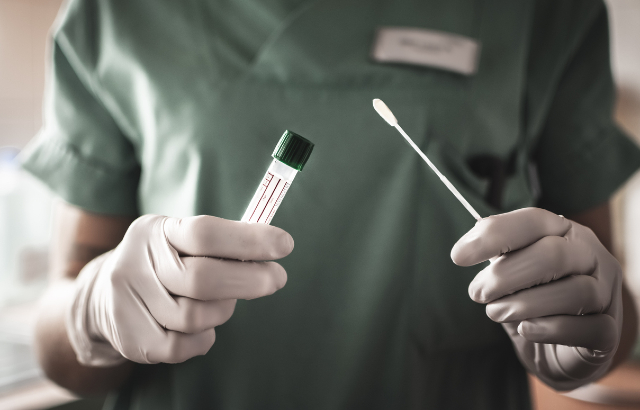 Coronavirus: Queen Mary study suggests more people have had it than previously estimated
Coronavirus: Queen Mary study suggests more people have had it than previously estimated
26 June 2020
Queen Mary researchers Professor Norman Fenton, Professor Martin Neil and Dr Scott Mclachlan from the School of Electronic Engineering and Computer Science, and Dr Magda Osman, from the School of Biological and Chemical Sciences, co-wrote an opinion piece for The Conversation on over-confidence in the reporting of Covid-19 statistics.
 Researchers launch new website for people to test their sensitivity
Researchers launch new website for people to test their sensitivity
25 June 2020
Studies have shown that some people seem more sensitive than others. Now researchers have developed a free online questionnaire that allows you to test exactly how sensitive you are.
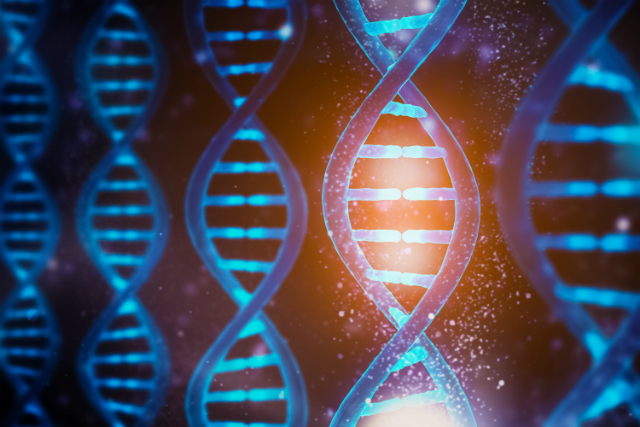 Study in twins finds our sensitivity is partly in our genes
Study in twins finds our sensitivity is partly in our genes
3 June 2020
Some people are more sensitive than others – and around half of these differences can be attributed to our genes, new research has found.
 People more likely to accept nudges if they know how they work and how effective they are
People more likely to accept nudges if they know how they work and how effective they are
1 June 2020
The more people know about when and why behavioural interventions are being used and their effectiveness, the more likely they are to accept their use to change their behaviour, according to recent research from Queen Mary University of London and the University of Oxford.
Psychologists from Queen Mary University of London have created a free online resource for mental health services now looking to deliver psychological therapy to children remotely due to the coronavirus pandemic.
Being alone or with a partner strongly affects the behaviour of fruit flies Drosophila melanogaster. The presence of a partner changes the front-back position in a pair and induces more extreme biases towards the right or the left side. However, the presence of a partner does not increase the alignment of the whole population on a specific side, a new study has found.
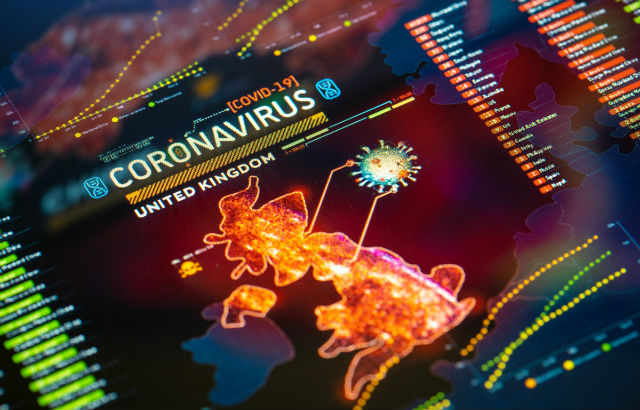 Coronavirus: country comparisons are pointless unless we account for these biases in testing
Coronavirus: country comparisons are pointless unless we account for these biases in testing
2 April 2020
Dr Magda Osman, Reader in Experimental Psychology, with the School of Biological and Chemical Sciences, and Professor Norman Fenton, Professor of Computer Science, Professor Martin Neil, Professor of Computer Science and Statistics, and Mr Scott Mclachlan, Postdoctoral Research Assistant, with the School of Electronic Engineering and Computer Science, co-wrote an opinion piece for The Conversation, about the flaws in comparing countries on coronavirus.
 Screening of zebrafish identifies gene involved in human nicotine addiction
Screening of zebrafish identifies gene involved in human nicotine addiction
30 March 2020
Researchers at Queen Mary University of London have shown that zebrafish can provide genetic clues to smoking, a complex human behaviour.
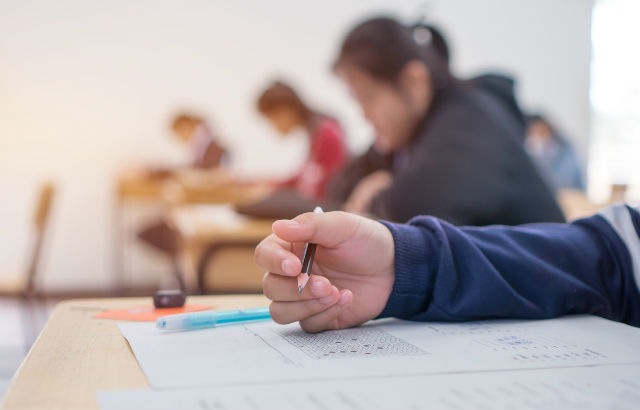 Don’t worry about cancelled exams – research shows we should switch to teacher assessment permanently
Don’t worry about cancelled exams – research shows we should switch to teacher assessment permanently
27 March 2020
Dr Margherita Malanchini, Lecturer in Psychology, with the School of Biological and Chemical Sciences, co-wrote an opinion piece for The Conversation, about the positive evidence supporting a switch from exams to teacher assessments permanently.
-in-darkness-when-it-could-feel-but-not-see-the-shapes.-Credit---Lars-Chittka-640.jpg) Bumblebees can experience an object using one sense and later recognise it using another
Bumblebees can experience an object using one sense and later recognise it using another
2 March 2020
How are we able to find things in the dark? And how can we imagine how something feels just by looking at it?
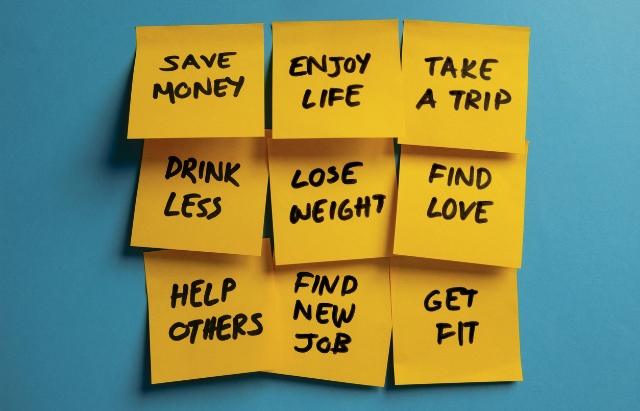 Psychologists discover secret to achieving goals
Psychologists discover secret to achieving goals
24 February 2020
Research led by scientists at Queen Mary University of London has provided new insights into why people often make unrealistic plans that are doomed to fail
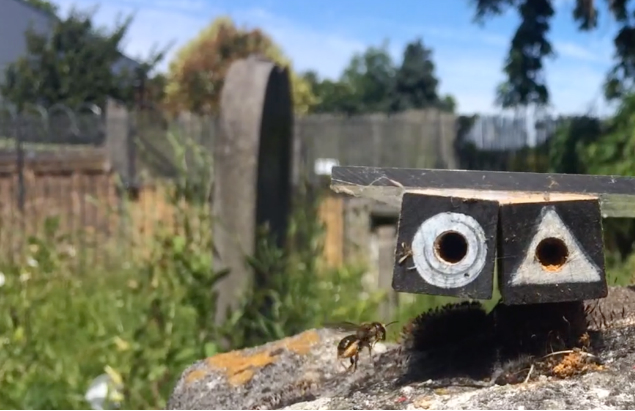 Smart single mother bees learn from their neighbours
Smart single mother bees learn from their neighbours
31 January 2020
Solitary female bees inspect other nests for signs of danger before making decisions on where to build their own, a new London-based study suggests.
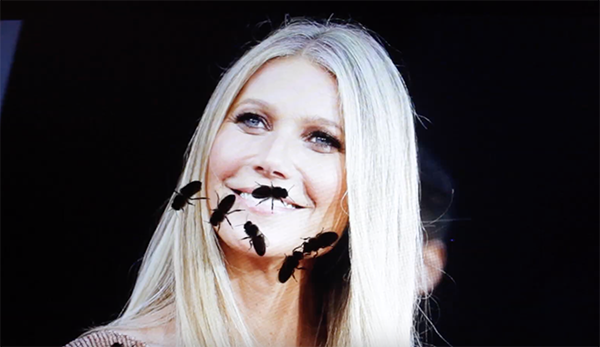 Gwyneth Paltrow's alternative 'health treatments' exposed in new music video by Queen Mary Biologist
Gwyneth Paltrow's alternative 'health treatments' exposed in new music video by Queen Mary Biologist
23 January 2020
SBCS's Rock n roll biologist Professor Lars Chittka has released a new music video which takes aim at the alternative ‘health treatments’ of Gwyneth Paltrow.
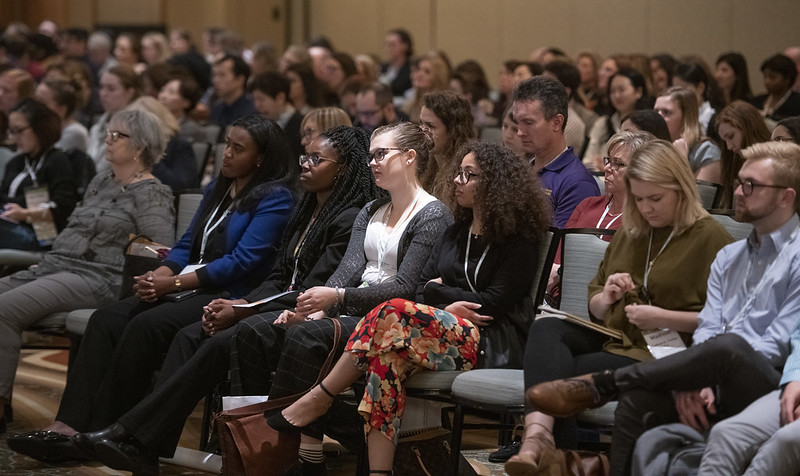 Student Blog - Rebecca Oldroyd
Student Blog - Rebecca Oldroyd
19 December 2019
Rebecca Oldroyd recently presented at the National Council on Family Relations in Fortworth, Texas, after winning their competitive international travel section award. The 2nd year Psychology PhD student discussed some of her research findings on how transitions in family structure effect the health of children, her future research plans and the positive impact of her supportive supervisor.
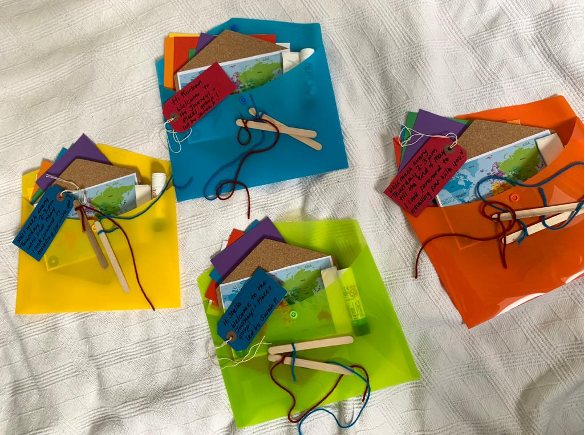 Entelechy Arts and Queen Mary University of London share new report on the impact of remote creative programmes on older adults.
Entelechy Arts and Queen Mary University of London share new report on the impact of remote creative programmes on older adults.
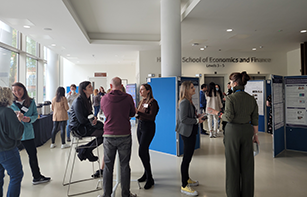 Psychology department hosts successful workshop on Current Trends and Future Directions in Social Interaction
Psychology department hosts successful workshop on Current Trends and Future Directions in Social Interaction
.jpg) Psychologists from Queen Mary University of London have created a free online resource for mental health services now looking to deliver psychological therapy to children remotely due to the coronavirus pandemic.
Psychologists from Queen Mary University of London have created a free online resource for mental health services now looking to deliver psychological therapy to children remotely due to the coronavirus pandemic.
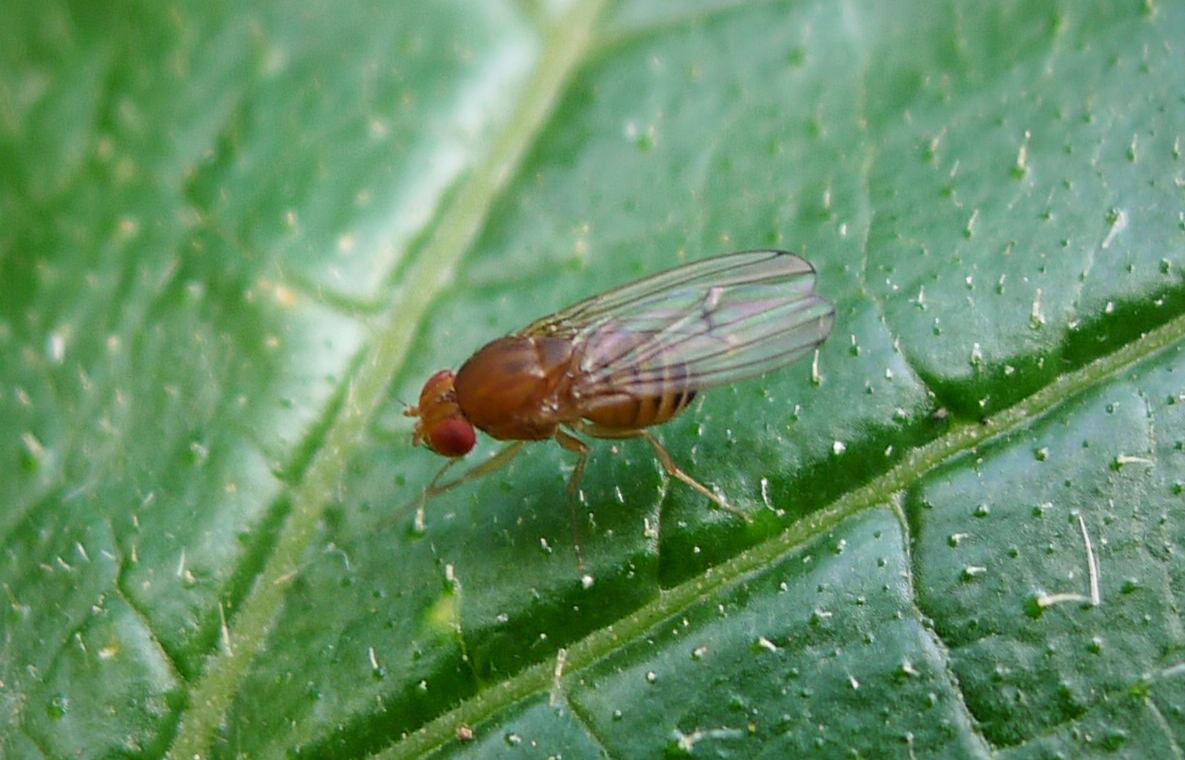 Genes and social environment affect individual but not population preferences for right or left sided behaviour: lessons/insights from fruit flies
Genes and social environment affect individual but not population preferences for right or left sided behaviour: lessons/insights from fruit flies